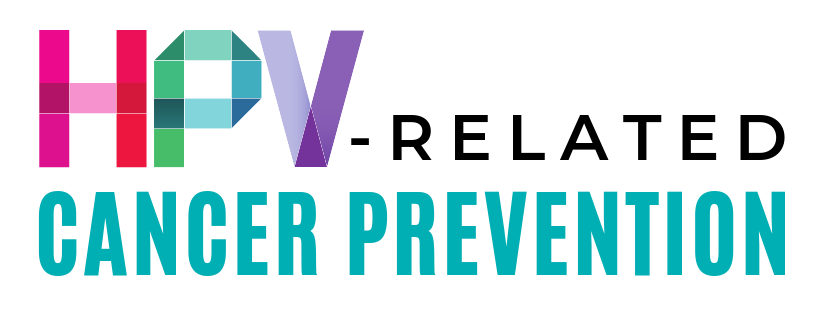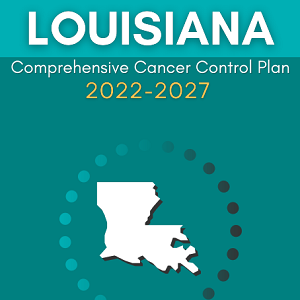HPV is Short for Human Papillomavirus.
HPV is a group of more than 150 related viruses that are transmitted through intimate skin-to-skin contact.
HPV is Common.
 HPV is so common that nearly all men and women get it at some point in their lives. While most people will never know they have it, in others the HPV virus can lead to cancer. About 14 million people, including teens, become infected with HPV each year.
HPV is so common that nearly all men and women get it at some point in their lives. While most people will never know they have it, in others the HPV virus can lead to cancer. About 14 million people, including teens, become infected with HPV each year.
HPV Causes Many Types of Cancer.
Cancers caused by HPV include:
- Mouth/throat (oropharyngeal) cancer in both men and women
- Cancers of the cervix, vulva and vagina in women
- Cancer of the penis in men
- Cancer of the anus in both men and women
Several thousand U.S. men and women are diagnosed with an HPV-related cancer each year.
There Is No Test for Most HPV-Related Cancers.
For women – a Pap test can detect most cases of cervical cancer. However, at this time, there is no routine screening or test for other HPV-related cancers, in women or men. That’s why it’s so important to prevent infection with HPV vaccination.
HPV Vaccines Protect Against These Cancers.
It is the only vaccine available today that actually prevents cancer.
Both Boys and Girls Should Get the HPV Vaccine.
 Like other vaccines, the HPV vaccine is given to children to get the best immunological response. This also ensures they are protected before they ever have sex. The HPV vaccine is recommended for girls, age 11-26 and boys, age 11-21, who have not yet been vaccinated. If your daughter or son hasn’t started or didn’t finish the HPV vaccine series – it’s not too late. Talk to their doctor now.
Like other vaccines, the HPV vaccine is given to children to get the best immunological response. This also ensures they are protected before they ever have sex. The HPV vaccine is recommended for girls, age 11-26 and boys, age 11-21, who have not yet been vaccinated. If your daughter or son hasn’t started or didn’t finish the HPV vaccine series – it’s not too late. Talk to their doctor now.




